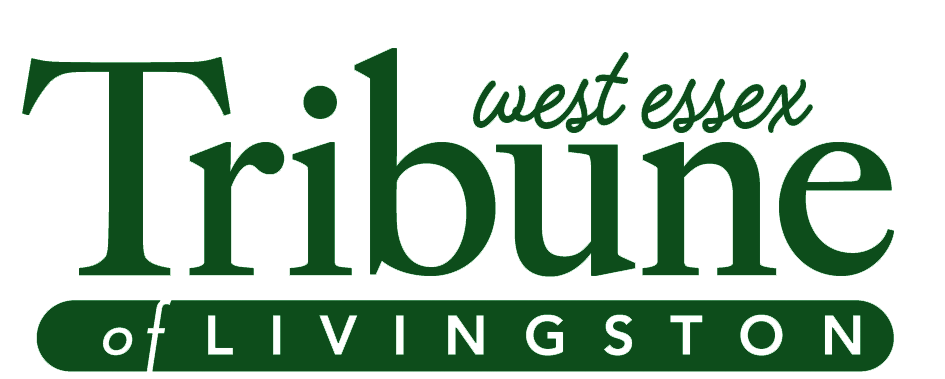This week, March 10 through 16, is Sunshine Week. It occurs every year in March, coinciding with James Madison’s birthday, on March 16, which is also National Freedom of Information Day. The week, and that holiday, seek to shine a light on the importance of open government. How sad it is, then, on this of all weeks, that the New Jersey Legislature is once again taking aim at our state’s Open Public Records Act, better known as OPRA.
Abill, S2930/A4045, was introduced on March 4, sponsored by Senator Paul Sarlo (D-36), and was heard just one week later. This fast-moving bill would be a devastating blow to the Open Public Records Act in New Jersey. As a result, several notable organizations have denounced it, including the American Civil Liberties Union, and the League of Women Voters. The editorial boards of North Jersey and the Star-Ledger have also spoken out in opposition to the bill.
Through OPRA, which was first enacted in 2002, people are able to access government records from municipal, county, and state government agencies. It permits anyone to look up information on how taxpayer funds are allocated, the pollution levels of municipal wells, and the results of so many other government functions that might otherwise stay hidden. The 22-year-old law has led to countless important stories in the Garden State; for example, emails obtained through OPRA led the infamous “Bridgegate” scandal.
OPRA is an invaluable resource to the public, even to those who have never personally used it. It is an essential check on power, and without it, corrupt officials would be much better able to operate without fear of being caught. It also leads informative analysis from journalistic data crunchers, and shines a light on issues that would otherwise go unnoticed. The list of its benefits could fill this newspaper.
As the League of Women Voters of New Jersey notes, “concerned members of the public, journalists, advocates, and other stakeholders from across the state have used OPRA to track government spending, examine the wisdom of decisions affecting thousands of families, and bring accountability to our criminal justice system.”
But the bill being considered by the state Legislature would make critical changes to OPRA. Among many other things, it would exempt access to email and call logs; make it challenging to request emails at all; ban the sharing of metadata; and allow for unreasonable redactions and request denials by creating a vague and subjective “harassment” loophole. In general, it gives those in government ample additional opportunity to withhold information from the public.
Make no mistake, this bill will further limit transparency in your government, hiding information that was previously available to all. Concealing information from the public is exactly the type of bad governance that OPRA was put in place to prevent.
We are not saying that changes cannot be made to OPRA. We see that it is being abused by private businesses in ways that do not follow the spirit of what the law is designed to accomplish. We are sympathetic to the time and effort of employees in clerk’s offices throughout the state, and the costs associated with providing these businesses with the information they request. However, this bill does not simply address that one issue; it is, instead, so broad and features so many restrictions that it threatens to gut OPRA entirely. Commercial requestors of OPRA are the stated target of this bill, yet lawmakers behind the bill do not seem to care (or admit) that it gives leeway to deny additional public requests, as well. Any attempt to limit these commercial requests cannot come at the expense of the public’s right to access important information. This would be a major blow to journalism and good governance in New Jersey, tossing an effective form of checks and balances aside.
The result of this bill’s passage would be, as journalist Terrence McDonald put it, “less transparency in a state that needs more.” It is not as if New Jersey is starting from a high point on this matter; the Center for Public Integrity, in a 2015 survey, gave the Garden State an “F” grade for “public access to information.”
The passage of S2930/A4045 would further drive a wedge between state government officials and the people they are sworn to represent. Joe Johnson of theAmerican Civil Liberties Union of New Jersey has stated in decrying this bill that trust in government is not granted blindly; trust is earned because there is publicly available information that ensures the government is operating the way it is intended. OPRA is a crucial tool in managing this delicate trust, and to essentially repeal it would have devastating consequences.
We hope that the bill can be held until its sponsors can speak with good governance advocates such as the ACLU to work on greater protections and ensure that members of the public and journalists retain access to OPRA’s initial intended use. And we hope that our representatives in town and in the stateAssembly and Senate will fight for the public’s rights on this important matter. For any readers who are concerned about this bill, we strongly encourage you to contact your local or state representatives and share your thoughts.


